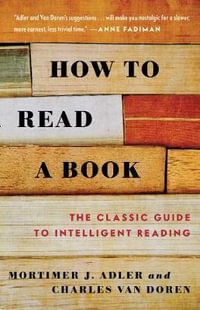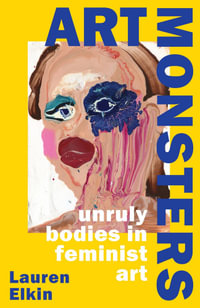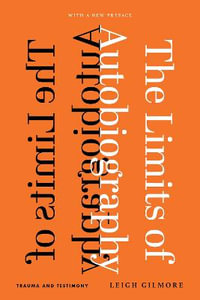
Theory and Theology in George Herbert's Poetry
Divinitie, and Poesie, Met
By: Elizabeth Clarke
Hardcover | 1 August 1997
At a Glance
Hardcover
RRP $401.00
$236.50
41%OFF
Aims to ship in 5 to 10 business days
ISBN: 9780198263982
ISBN-10: 0198263988
Series: Oxford Theology and Religion Monographs
Published: 1st August 1997
Format: Hardcover
Language: English
Number of Pages: 312
Audience: Professional and Scholarly
Publisher: Oxford University Press UK
Country of Publication: GB
Dimensions (cm): 21.59 x 13.97 x 2.06
Weight (kg): 0.48
Shipping
| Standard Shipping | Express Shipping | |
|---|---|---|
| Metro postcodes: | $9.99 | $14.95 |
| Regional postcodes: | $9.99 | $14.95 |
| Rural postcodes: | $9.99 | $14.95 |
How to return your order
At Booktopia, we offer hassle-free returns in accordance with our returns policy. If you wish to return an item, please get in touch with Booktopia Customer Care.
Additional postage charges may be applicable.
Defective items
If there is a problem with any of the items received for your order then the Booktopia Customer Care team is ready to assist you.
For more info please visit our Help Centre.
You Can Find This Book In
This product is categorised by
- Non-FictionLiterature, Poetry & PlaysPoetry
- Non-FictionReligion & BeliefsChristianityChristian Theology
- Non-FictionLiterature, Poetry & PlaysHistory & Criticism of LiteratureLiterary Theory
- Non-FictionLiterature, Poetry & PlaysHistory & Criticism of LiteratureGeneral Literary StudiesLiterary Studies from 1500 to 1800
- Non-FictionLiterature, Poetry & PlaysHistory & Criticism of LiteratureLiterary Studies of Poetry & Poets
- Non-FictionLanguage & LinguisticsLinguistics






















